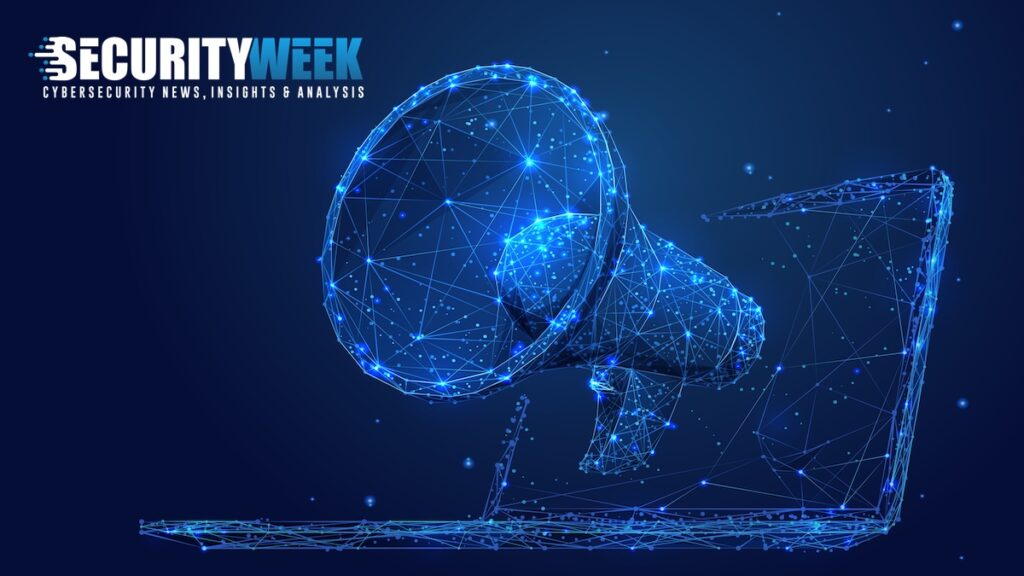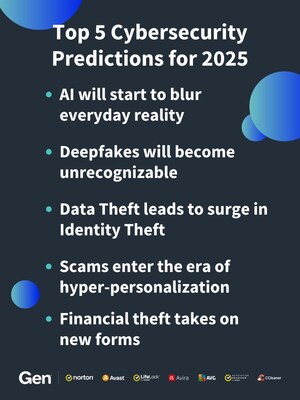Future-Proof Your Organization: Trick Cybersecurity Forecasts You Required to Know
As organizations face the speeding up speed of digital change, comprehending the developing landscape of cybersecurity is important for long-lasting resilience. Predictions suggest a significant uptick in AI-driven cyber hazards, along with increased regulative scrutiny and the vital shift in the direction of Absolutely no Trust Architecture. To effectively browse these difficulties, organizations have to reassess their protection methods and foster a culture of awareness amongst workers. The effects of these modifications extend past simple conformity; they might redefine the very structure of your operational protection. What steps should firms take to not just adapt yet flourish in this new atmosphere?
Increase of AI-Driven Cyber Hazards

One of one of the most worrying developments is making use of AI in developing deepfakes and phishing schemes that are remarkably convincing. Cybercriminals can produce audio and video material, impersonating executives or relied on people, to manipulate sufferers into revealing sensitive information or authorizing deceptive deals. In addition, AI-driven malware can adapt in real-time to evade discovery by traditional security measures.
Organizations must recognize the immediate demand to strengthen their cybersecurity structures to battle these advancing dangers. This consists of investing in sophisticated risk detection systems, cultivating a society of cybersecurity understanding, and carrying out robust incident response strategies. As the landscape of cyber hazards changes, positive measures come to be crucial for guarding sensitive information and keeping service integrity in an increasingly electronic world.
Increased Emphasis on Data Privacy
How can companies efficiently browse the expanding emphasis on information personal privacy in today's digital landscape? As governing structures progress and consumer expectations rise, services have to prioritize durable data privacy methods.
Spending in employee training is vital, as team recognition straight influences information security. Furthermore, leveraging innovation to improve information security is essential.
Partnership with legal and IT groups is crucial to line up data privacy initiatives with business goals. Organizations must likewise engage with stakeholders, including customers, to connect their dedication to data privacy transparently. By proactively addressing information personal privacy problems, services can develop count on and enhance their online reputation, inevitably adding to long-lasting success in an increasingly looked at electronic atmosphere.
The Shift to Absolutely No Depend On Architecture
In feedback to the advancing danger landscape, organizations are significantly embracing Zero Trust Style (ZTA) as an essential cybersecurity strategy. This strategy is asserted on the principle of "never ever count on, constantly verify," which mandates continuous verification of customer identities, tools, and data, no matter their location within or outside the network border.
Transitioning to ZTA includes applying identity and accessibility management (IAM) remedies, micro-segmentation, and least-privilege gain access to controls. By granularly regulating access to sources, companies can reduce the danger of expert threats and lessen the impact of outside violations. Additionally, ZTA incorporates durable monitoring and analytics abilities, enabling companies to detect Deepfake Social Engineering Attacks and respond to abnormalities in real-time.

The change to ZTA is also fueled by the increasing fostering of cloud solutions and remote work, which have actually broadened the attack surface area (7 Cybersecurity Predictions for 2025). Traditional perimeter-based safety and security versions are inadequate in this brand-new landscape, making ZTA an extra resistant and flexible structure
As cyber dangers remain to expand in refinement, the adoption of Zero Trust fund principles will be critical for companies looking for to protect their possessions and maintain governing compliance while making certain service continuity in an unsure environment.
Regulative Changes imminent

Approaching laws are anticipated to deal with an array of issues, including data personal privacy, violation notification, and incident reaction methods. The General Information Defense Regulation (GDPR) in Europe has set a criterion, and comparable structures are emerging in other areas, such as the USA with the proposed federal privacy laws. These policies commonly impose rigorous penalties for non-compliance, emphasizing the need for organizations to prioritize their cybersecurity steps.
Furthermore, markets such as financing, health care, and important framework are most likely to deal with extra rigorous needs, mirroring the delicate nature of the information they manage. Conformity will not simply be a legal obligation but a crucial element of building trust with customers and stakeholders. Organizations has to remain in advance of these modifications, integrating regulatory needs right into their cybersecurity methods to make sure durability and safeguard their assets properly.
Relevance of Cybersecurity Training
Why is cybersecurity training an important element of a company's defense approach? In an age where cyber dangers are significantly advanced, companies should identify that their workers are usually the very first line of protection. Effective cybersecurity training outfits staff with the expertise to identify prospective threats, such as phishing assaults, malware, and social design strategies.
By promoting a society of safety and security recognition, companies can considerably lower the risk of human error, which is a leading root cause of data breaches. Normal training sessions ensure that employees remain educated about the current risks and finest techniques, thereby improving their ability to respond properly to cases.
Moreover, cybersecurity training promotes conformity with governing needs, reducing the risk of legal consequences and economic charges. It also equips workers to take possession of their duty in the company's protection structure, leading to an aggressive as opposed to responsive strategy to cybersecurity.
Verdict
In verdict, the progressing landscape of cybersecurity demands proactive procedures to address arising risks. The rise of AI-driven attacks, paired with heightened information privacy concerns and the shift to Zero Trust fund Design, demands a detailed approach to protection.